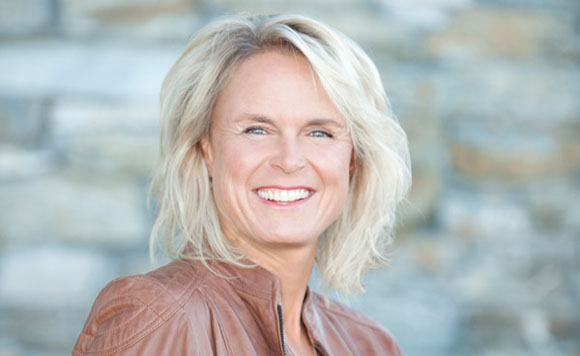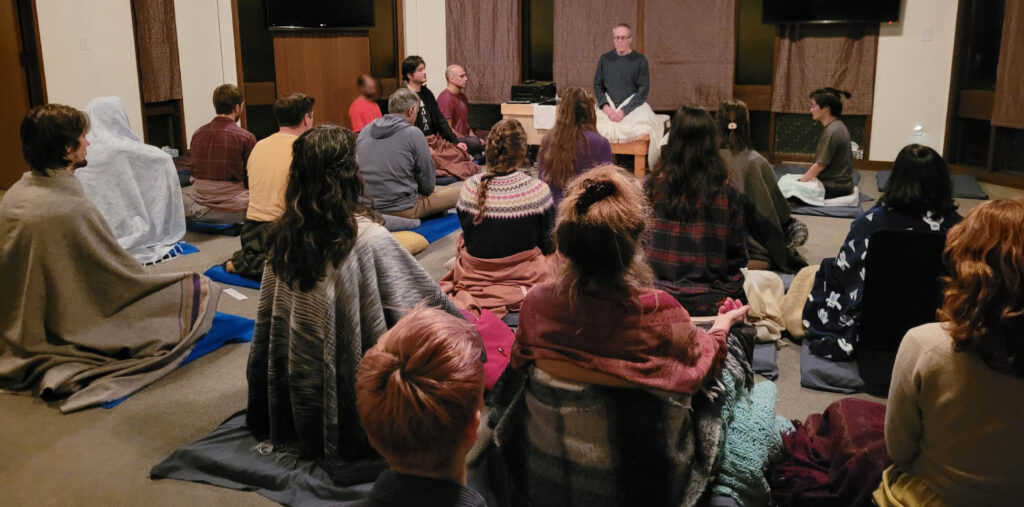My interview in this issue, with professional athlete Lucy Smith in our Can We Talk column, prompted me to do more reading and research on what the industry is saying about what it takes to build a better athlete.
Growing up, I was always involved in high level sports, and now in my late ’40s, I still remain true to staying fit and eating well, but in this day and age, as the importance of sport grows and the financial rewards with it, professional athletes push their bodies’ physical and mental abilities like never before.
With the Olympics just around the corner, we’re going to be immersed in the competition that will heat up among the players, alongside the pressure of the media blitz of worldwide attention that comes with being an elite athlete. The search for obtaining a bionic-like body – a higher, faster, stronger one – has a few avid fans, like myself, wondering if athletes aren’t necessarily building on their own genetic makeup, but instead reaching toward more scientific advancements called “cognitive training” (one such technique is called NeuroTracker) that could likely leave behind any threat of anabolic steroids. It serves as a training tool that effectively reprograms an athlete’s brain, establishing abilities that nature never intended. I’ve read in some of this research that they’ve seen players double the speed with which they can do things! Seems remarkable, doesn’t it?
But wait: what if we could modify our own biology too? Among my colleagues and friends we have numerous discussions about the blurred lines between what is a real athlete and what we really want sport to be. Don’t get me wrong: I’ll never stop watching competitive sports, but do we want our athletes to compete on equal ground or should we have two levels: those competing naturally and those as enhanced athletes?
I still believe that to be an elite athlete, talent is key. You need to have physical abilities to excel in a sport, and speed, strength, endurance and coordination are vital. But, like in business, determination and passion are also a huge component of success. You have to love what you do in order to put in 10,000 hours of practice to become an expert.
So while you sit and read this issue of Seaside, don’t forget to also watch and support our Canadian athletes at the Olympics!
Happy Valentine’s Day!




